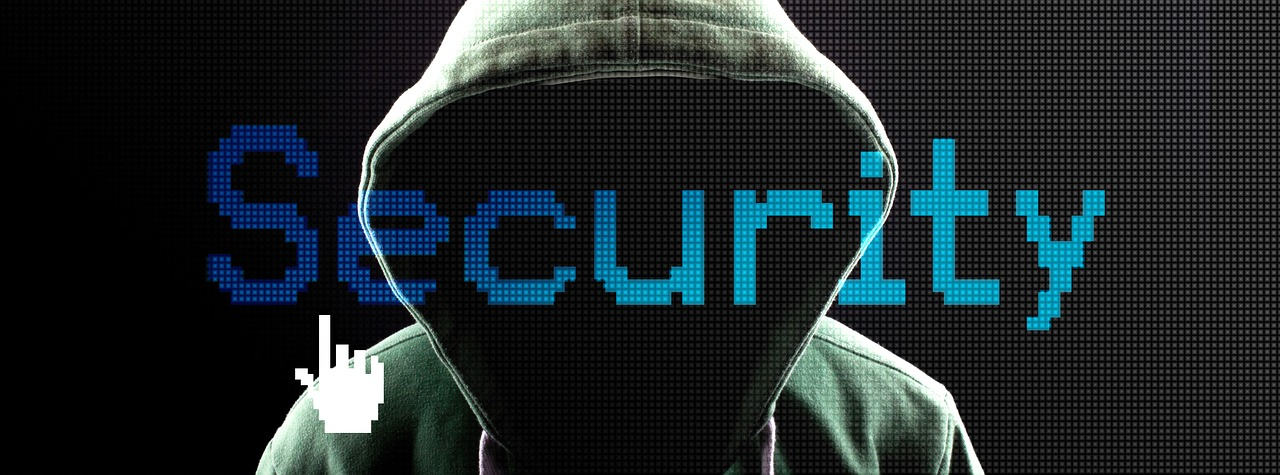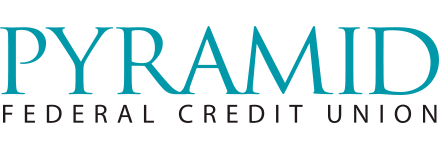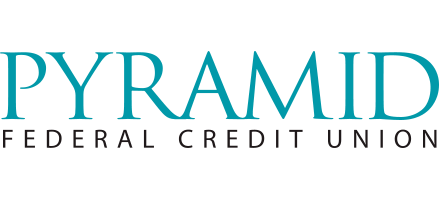Keep Yourself Safe from Coronavirus Scams
Beware of scammers trying to take advantage of your fears. With some basic knowledge about COVID-19, you can recognize a scam and keep yourself safe from being victimized.

1. Scams related to federal economic relief payments
The IRS urges taxpayers to be on the lookout for scam artists trying to use the economic impact payments as cover for schemes to steal personal information and money. Remember, the IRS will not call, text, email you or contact you on social media asking for personal or bank account information – even related to the economic impact payments. Also, watch out for emails with attachments or links claiming to have special information about economic impact payments or refunds.
The IRS will continue to monitor issues related to the COVID-19 virus, and updated information will be posted on a special coronavirus page on IRS.gov.
2. The fake cure scam
Scammers are peddling bogus cures and vaccines. If you’re offered a drug or vaccine to fight coronavirus — especially by a company you’ve never heard of — you’re looking at a scam. There is currently no legitimate cure or vaccine for the COVID-19 virus. There are no approved at-home test kits available. Calls or emails offering these products or services are trying to defraud you.
3. Phishing emails
Scammers are sending out emails which appear to be from legitimate organizations in the public eye right now, like the “World Health Organization” (WHO) or “Centers for Disease Control” (CDC), but are really an attempt to get you to share personal information. If you didn’t ask for the information, the best response is to delete it without opening it.
Financial institutions are also targets of these phishing attacks. Recently, right here in Tucson, Vantage West Credit Union reported a number of phishing emails directed at their members. Remember, Pyramid Federal Credit Union WILL NEVER ask you to provide your personal or account information in an email. If you have any doubt, call us directly at (520) 795-7950.
4. Fake charities
Everyone wants to help those stricken by the virus, but be sure to check out the authenticity of a charity before making your donation. If you are looking to donate or volunteer, contact local community organizations directly to offer assistance.
5. Malicious websites
Scammers have set up websites full of information on COVID-19 with the intention of gaining access to your device. Don’t download any links or open attachments from non-reputable sources. In Arizona, the Arizona Department of Health Services provides comprehensive information on the COVID-19 impacts on our state. The CDC is another good source of information.
6. Fake funding scams
Criminals invent a “research team” supposedly on the verge of discovering a cure for COVID-19 — they just need your donation. Of course, all funds donated to this alleged team will go directly into the scammers’ pockets. Only donate to verified causes.
7. Specialized cleaning services.
Scammers are also claiming they can disinfect a home and all surfaces against the lingering virus after a family member was infected. If you or a member of your family tests positive for COVID-19 and you’d like to sanitize your home, there’s no need to call a cleaning agency. You can do it yourself by following the CDC’s guidelines.
Additional Resources for consumers
These are just a few of the scams currently preying on people during this crisis. Fortunately, organizations like the Federal Trade Commission provide valuable resources for consumers and businesses. Go to ftc.gov/coronavirus for the latest information on scams. Sign up for FTC alerts at ftc.gov/subscribe.




